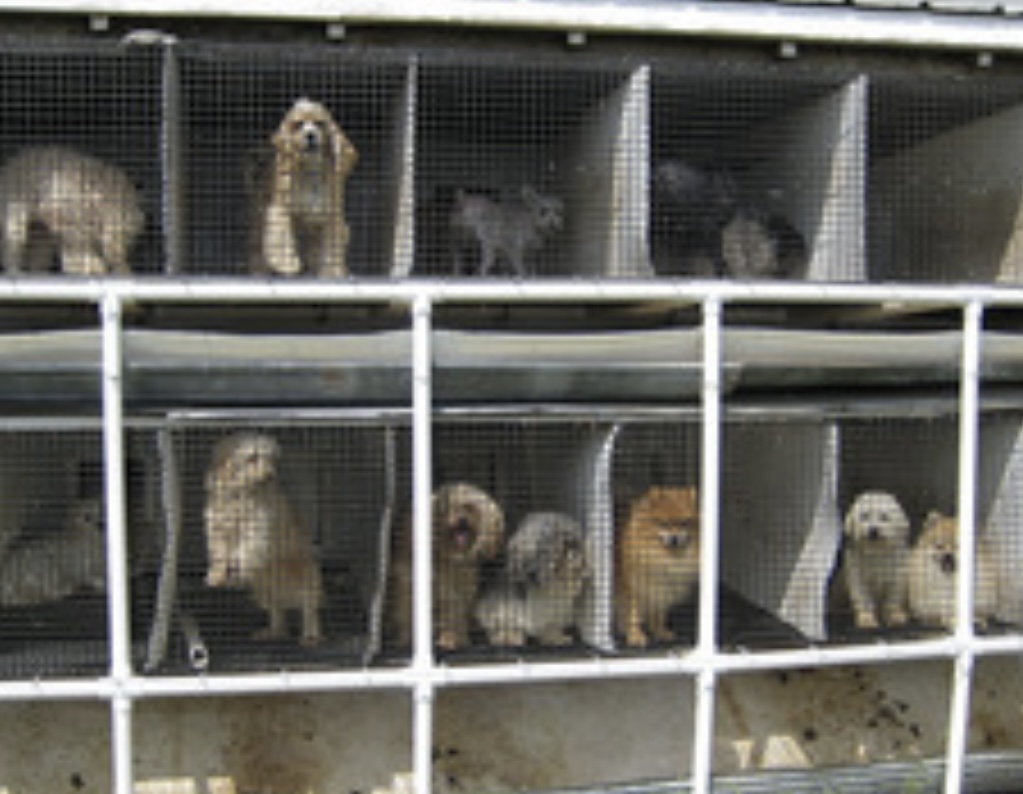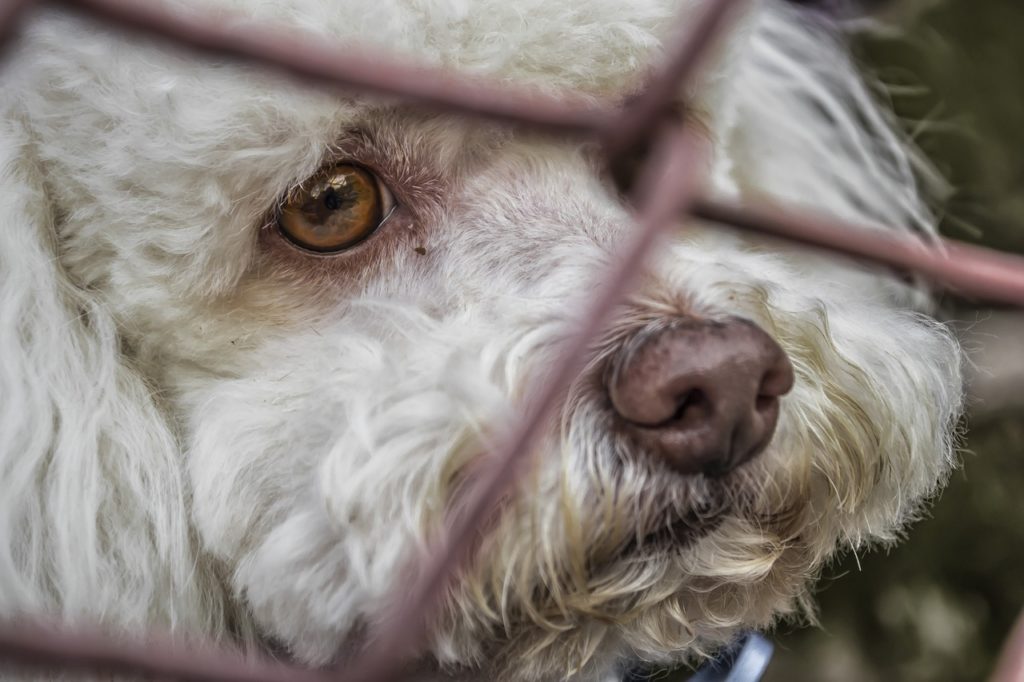about
Oso AKA Enzo
He had been at the municipal shelter with a bite history. He kept getting adopted and returned. When I took him home to foster him, everyone warned me that he was a biter and I should be very leery. I brought him home and observed his behavior. He was terrified, someone had treated him very badly. He hid under my bed for three weeks, only coming out to eat and to go outside. I just let him be. Sometimes, dogs need to decompress. why do we expect dogs to be perfect? People aren’t. After a few weeks, he decided to give me a chance. He started to trust slowly. Now after a few months, he’s a completely different dog. Many people return dogs after a day or so, saying they didn’t work out. They don’t realize that the shelter is a scary place. Being abandoned, without their family, is heartbreaking. We need to do better, be better, and try harder. It’s not just a dog, it’s a lifetime commitment.

“If you can't love a dog like a family member don't get one. Because they only know how to look at you as a pack member and to them, that is FAMILY"

Every single dog
Dogs are meant to run and play like in this video seen below. The human-animal connection is vital to the health of the dog …..and of the human!
WHAT WE ARE FIGHTING............

Dogs that are in pet stores are supplied to them by puppy mills. These are inhumane large-scale commercial breeders.
In most states, these commercial breeding kennels can legally keep hundreds of dogs in cages their entire lives, for the sole purpose of continuously churning out puppies. The animals produced range from purebreds to any number of the latest “designer” mixed breeds.
Animals in puppy mills are treated like cash crops
- They are confined to squalid, overcrowded cages with minimal shelter from extreme weather and no choice but to sit and sleep in their own excrement.
- Animals suffer from malnutrition or starvation due to inadequate or unsanitary food and water.
- Dogs born in puppy mills don’t have the best start in life. They are raised in cages for the first part of their lives waiting to be delivered to pet stores Unfortunately, this growth period coincides with peak socialization, when puppies easily approach people and are unafraid of new experiences
- Adult animals are continuously bred until they can no longer produce, then destroyed or discarded.
Backyard breeders
Backyard breeders are also motivated by profit. Ads from these unscrupulous breeders fill the classifieds. Backyard breeders may appear to be the nice neighbor next door-in fact, even seemingly good-intentioned breeders may treat their breeding pairs as family pets. However, continuously breeding animals for years to produce litters for a profit still jeopardizes the animals’ welfare.
Some backyard breeders may only breed their family dog once in a while, but they often are not knowledgeable on how to breed responsibly, such as screening for genetic defects. Responsible, proper breeding entails much more than simply putting two dogs together.

Why can’t we just outlaw puppy mills?
While legislation is the key to ensuring lasting change for animals, simply passing a nationwide law to ban puppy mills—an idea that’s often proposed—is unfeasible in today’s political climate. Even simple laws that would end the cruelest conditions have failed at the federal level due to Congressional gridlock. On the state level, many bills have been successful, but the final law does not always contain all the protections we would like. Laws require precise definitions and that’s easy when defining what constitutes a staged animal fight, statutory animal cruelty or any number of other issues. But there is no widespread agreement as to where the line is drawn between a puppy mill and a dog breeding operation that is either smaller or provides some degree of higher quality care for the dogs. What this means in practice is that a state could pass the highest standards of care for dogs in commercial kennels, without their being clarity as to whether this constitutes a complete ban on puppy mills.
Sadly, some purebred dog registries and kennel clubs (which often receive registration fees from puppy mills) have lobbied heavily against even basic reforms in commercial dog breeding—and they have even recruited other animal-use industry groups to help them. Scare tactics are used by those who profit the most from a lack of regulation in the pet industry to frighten small breeders into mistakenly thinking that the proposed laws will apply to them. This strategy has led some smaller breeders and local kennel clubs to oppose bills that would only impact the worst and biggest puppy mills. (Humane Society of the United States, 2023)

